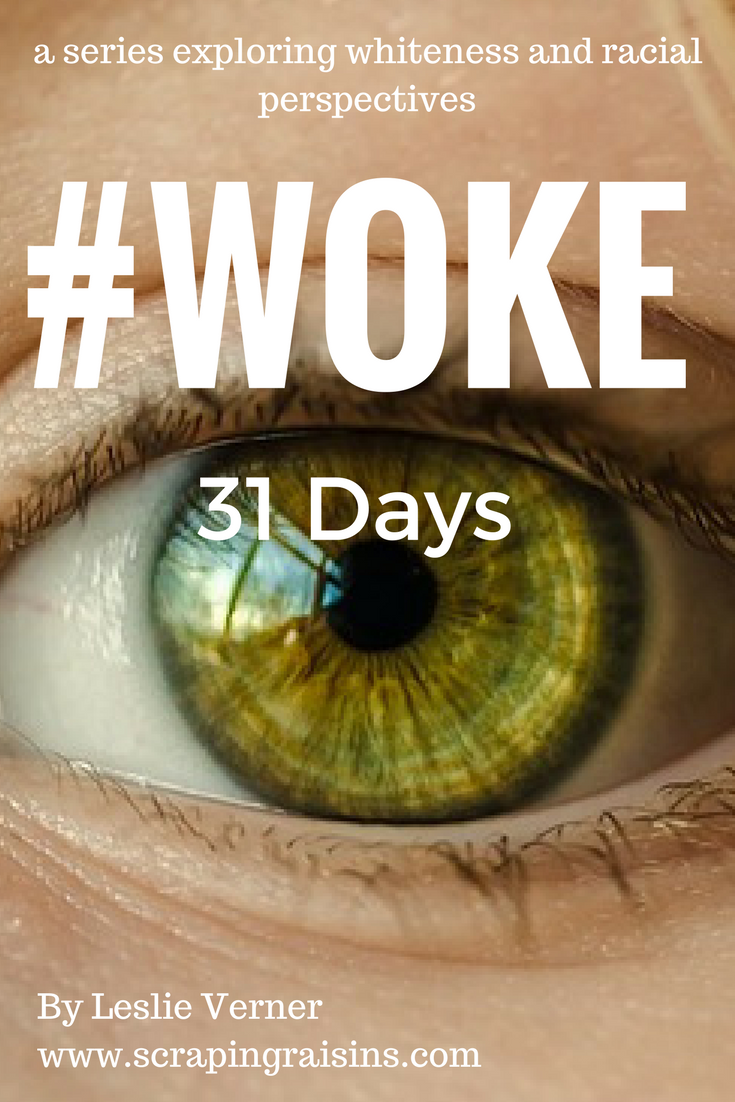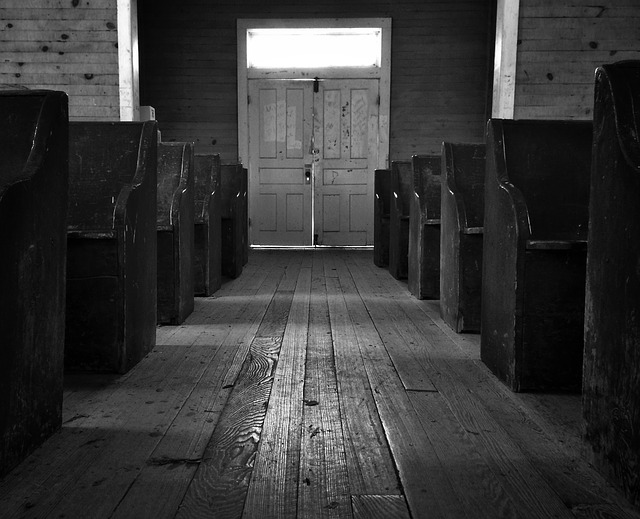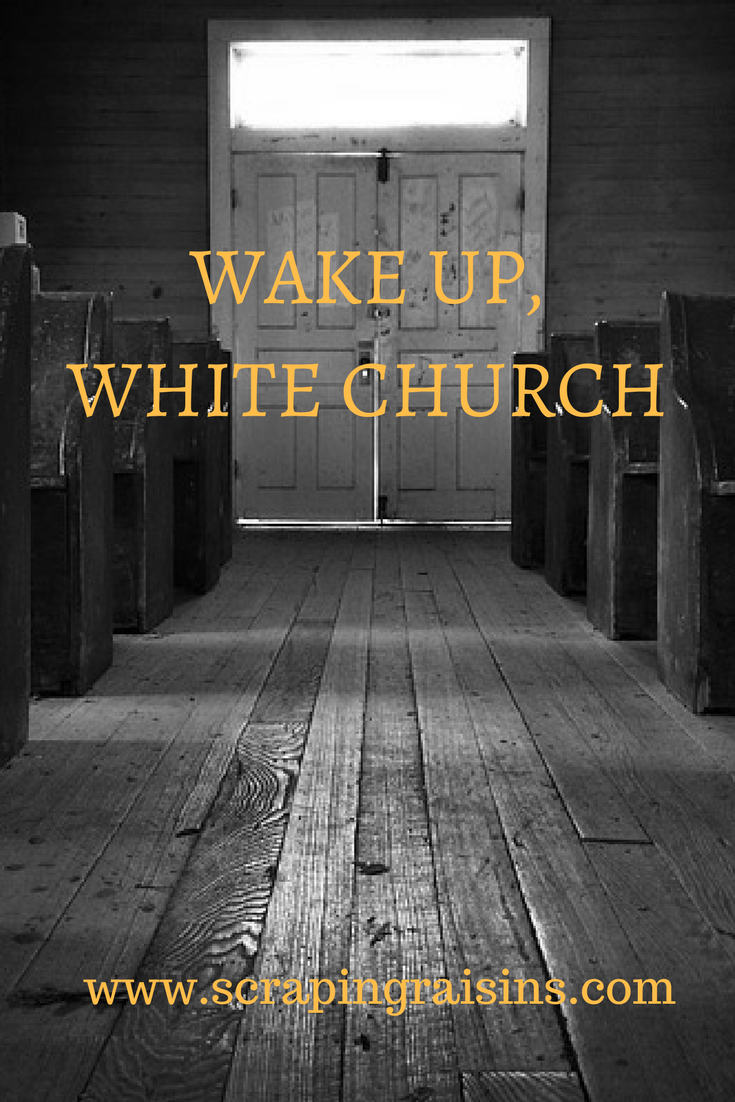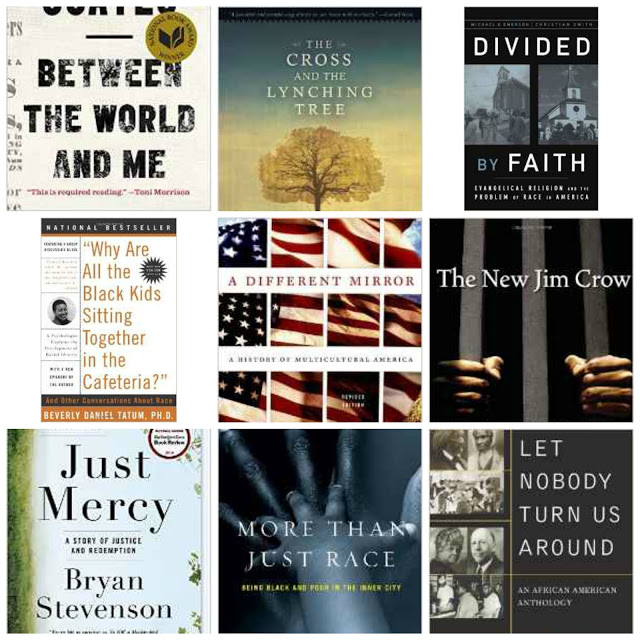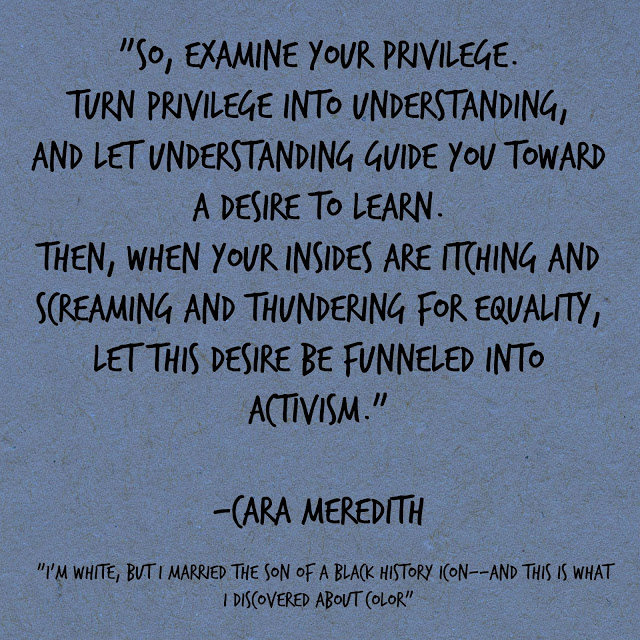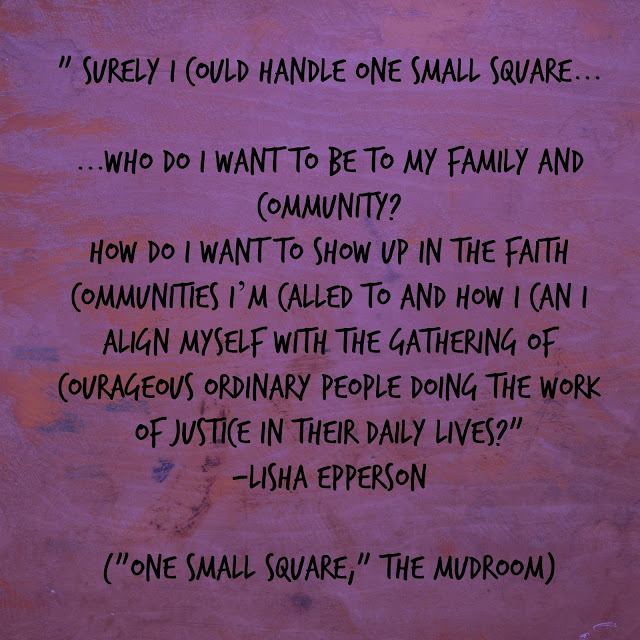
I’m white, but barely noticed my whiteness until recently.
I’ve always thought white people were boring, actually. Friends from other cultural backgrounds had interesting food, festivals, cultural dress, customs and languages. Those from non-western countries lived communally, cherished family and celebrated holistic living. They did not divide the sacred and secular. They saw the holy in the ordinary, messy, seasons of life.
Like many from the U.S., I’ve been around people of other cultures, religions, languages and ethnicities my entire life. I attended a Jewish preschool, fell for an African American boy in kindergarten, ate fried tomatoes, onions and eggs with my Colombian friend in sixth grade, obsessed about boys with my Jewish friend in seventh grade, had black teachers, had a few African American, Indian and Latino friends in high school, taught in a 100 percent black school in inner city Chicago after college, another racially diverse school and even at a school in Chinatown.
But I also experienced other cultures abroad: I went on short term mission trips to Costa Rica and Nicaragua, lived in a village in Uganda for six months in college, spent five weeks in Tajikistan, traveled in Europe and Thailand and taught and studied in China for five years.
You’d think I would have known.
But it wasn’t until I moved to a nearly all white area in the U.S.–the last stretch of plains with tumbleweed cartwheeling up against the mighty Rocky Mountains–that I began to see my whiteness. And it was then that I saw all the shadows it casts.
What Does it Mean to be “Woke”?
According to Urban Dictionary, being “woke” means being aware and knowing what’s going on in the community.
Merriam-Webster “Words We’re Watching” describes it like this:
“Stay woke became a watch word in parts of the black community for those who were self-aware, questioning the dominant paradigm and striving for something better. But stay woke and woke became part of a wider discussion in 2014, immediately following the shooting of Michael Brown in Ferguson, Missouri. The word woke became entwined with the Black Lives Matter movement; instead of just being a word that signaled awareness of injustice or racial tension, it became a word of action. Activists were woke and called on others to stay woke.”
I am on a journey. I have not arrived, nor will I ever be fully “woke.” But I am learning. I am growing. And I am slowly beginning to see.
The first time I ever wrote a piece about race, I wondered if I had a right to speak. I wondered if I knew enough or if I was going to say something stupid, offensive or ignorant. But an African American friend of my husband’s responded to my post in a way that gave me courage. “Thank you,” he wrote. “Because I’m tired. It’s refreshing for this message to come from someone who is not a person of color for once.”
Ijeoma Oluo recently wrote an article entitled, “White People: I Don’t Want You To Understand Me Better, I Want You To Understand Yourselves.” The more we understand our whiteness, the more we can understand how our whiteness affects all the people of color around us.
What Can You Expect in the Series?
Have you ever rewatched an entire movie with commentary from the actors and director on? (I have.) That’s what I’m hoping to do in this series. Mostly, you can expect stories from my life. For each post, I’ll ask myself (and possibly answer) the following questions:
What did I learn about whiteness through this experience?
Are there any blind spots that I missed the first time around?
How can I analyze this experience utilizing the concepts I am learning?
But I’ll also include practical information and resources as well as a few posts from some friends of mine who are people of color.
I’m mostly writing for myself, but you are invited along on this journey. I sincerely welcome your input, comments, links, corresponding stories, questions and even criticism.
When my dad taught me to drive, I sat in the driver’s seat of the parked car as he shuffled around on the outside until he disappeared from my view. He wanted me to understand the devastation of a blind spot. Please help me to discover mine.
Table of Contents
Here are some possible posts that will run every day beginning March 1st, 2017 (check back here each day for an updated link). Most definitely subject to change;-)
1. Introduction
2. The Year I Went All ‘Dangerous Minds’
3. My #Woke Journey {for SheLoves Magazine}
4. Rich, Loud and Carries a Backpack {stereotypes}
6. (Guest Post) “What are you?” by Vannae Savig
8. Three of My Favorite Podcasts with Women of Color
9. Uncomfortable Friendships (Part 1)
10. Friendship: The Need to Hear “Me, Too” (Part 2)
11. Resources for Talking to Our Kids about Race
16. White in China + 14 Stereotypes Chinese Have about Americans
17. (Guest Post) Moving Towards Different: My Reconciliation Call by Tasha Burgoyne
18. What I Want for My Children
19. How to Engage in Racial Reconciliation When You Live in a White Bubble
20. The Problem with the Wordless Book
21. What Ever Happened to Integration? (Part 1)
22. Following Nikole Hannah-Jones Down the Integration Rabbit Hole (Part 2)
23. The People We See and the People We Don’t
24. (Guest Post) A Letter to My 13-year-old Self by Leah Abraham
26. The White Savior Complex (thoughts on short, medium and long-term missions)
27. A Lesson Plan for Talking to My Preschooler about Race for the First Time
28. Two Poems//Teaching in Inner City Chicago
29. Transcript of ‘The Race Talk’ with my Kids
30. Talking Race with my Southern Mama (an Interview)
Okay. *deep breath*
Let’s do this.
Be sure to sign up for email updates so you don’t miss a post! And please share if you feel this could benefit someone else.
Scared, but excited,
Leslie
